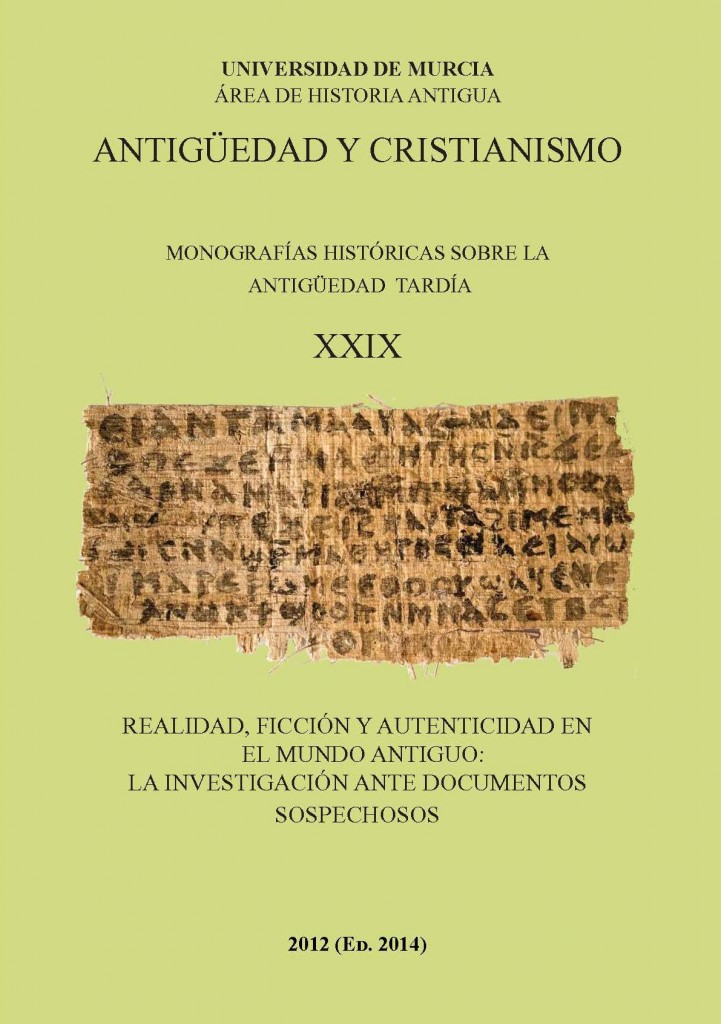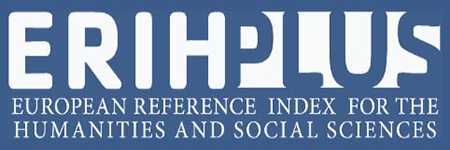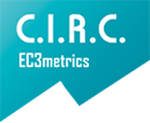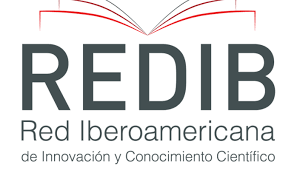The definition of literary plagiarism by Jakob X Omasius
Supporting Agencies
- Plagiarism
- Dissertatio Philosophica
- Thomasius
- enlightement
Abstract
Thomasius' Dissertatio philosophica de plagio is a detailed treatise on plagiarism. Of particular interest to historians is the description of the problems. Within his academic fi eld framework, beyond the narrow limits of the statements of other scholars, Thomasius dealt precisely with the concept, which was especially relevant to the beginnings of the Enlightenment.
Downloads
-
Abstract346
-
PDF (Español (España))249
References
C. MERCER, “Leibniz and His Master: The Correspondence with Jakob Thomasius”, en D. LODGE, Leibniz and His Correspondents, Cambridge, 2004, pp. 10–46.
Conrad GESSNER, Bibliotheca universalis sive catalogus omnium scriptorum locupletissimus in tribus linguis Latina, Graeca & Hebraica, Osnabrück, 1966
Curius LANCELOTUS PASIUS, De arte grammatica libri octo, Argentorati, Schurerius, 1518 Dissertatio p. 212, parr. 481.
Eduard STEMPLINGER, Das Plagiat in der griechischen Literatur, Leipzig-Berlin, 1912.
Emile WELLER, Lexicon pseudonymorum, Wörterbuch der Pseudonymen aller Zeiten und Völker, oder Verzeichniss jener Autoren, sie sich falschen Namen bedienen, Regensburg, Coppenrath, 1886.
Fabio ROSCALLA, L’autore e l’opera: attibuzioni, appropiazioni, apocrifi nella Grecia antica, Pisa, 2006.
Hélène MAUREL-INDART Le plagiat littéraire, Tours, 2002.
I. HUNTER, Rival Enlightenment: civil and Metaphysical Philosophy in Early Modern Germany, Cambridge, 2004, p. 219.
J. C. SCHWARZ, De plagio literario liber unus, Lipsiae apud Jakobus Fritsch, 1705.
Javier BLASCO (ed.), Hos ego versiculos feci. Estudios de atribución y plagio, Madrid, 2010. Joaquín ÁLVAREZ BARRIENTOS (ed.), Imposturas literarias españolas, Salamanca, 2011.
Jean-Louis CORNILLE (ed.), Plagiat et crétativité (treize enquêtes sur l’auteur et son autre), Amsterdam, 2008.
M.J. SOLÉ, Spinoza en Alemania (1670-1789) Historia de la santifi cación de un fi lósofo maldito, Córdoba (Argentina), Brujas, 2011
Philippe LABBÉ, Bibliotheca bibliothecarum, París, 1664.
Pierre TOUBERT / Pierre MORET, Remploi, citations, plagiat: conduites et practiques médiévales (Xe-XIIe siècle), Madrid, 2009.
Reginald MC GINNIS, Originality and Intelectual Property in the French and English Enlightenment, Nueva York, 2009.
Richard BODÉÜS (ed.), Leibniz Correspondance 1663-1672, París, 1993.
Roberto GIGLIUCCI, Furto e plagio nella letteratura del clasicismo, Roma, 1998.
Tilar J. MAZZEO, Plagiarism and Literary Property in the Romantic Period, Philadelphia, 2006
1. The authors non-exclusively assign the exploitation rights (reproduction, distribution, communication and transformation) to the magazine.
2. The works published in this magazine are subject to the Attribution-ShareAlike 4.0 International license (CC By SA 4.0). Therefore, they can be copied, used, disseminated, transmitted and publicly displayed, provided that:
i) the authorship and the original source of its publication (journal, editorial and URL of the work) are cited, thus allowing its recognition.
ii) it is allowed to remix, transform or create from the material while maintaining the same license as the original.
Note: Articles prior to 2022 incorrectly display the CC by SA license in the abstract page. They are under a CC by NC ND license as embedded in the article pdfs. Articles published in 2022 and after are under the CC by SA license.

3. Self-archiving conditions. Authors are allowed and encouraged to electronically disseminate the pre-print (version before being evaluated) and/or post-print (version evaluated and accepted for publication) versions of their works before publication, as it favors their publication. Earlier circulation and diffusion and with it a possible increase in its citation and reach among the academic community. Color RoMEO: verde.
























